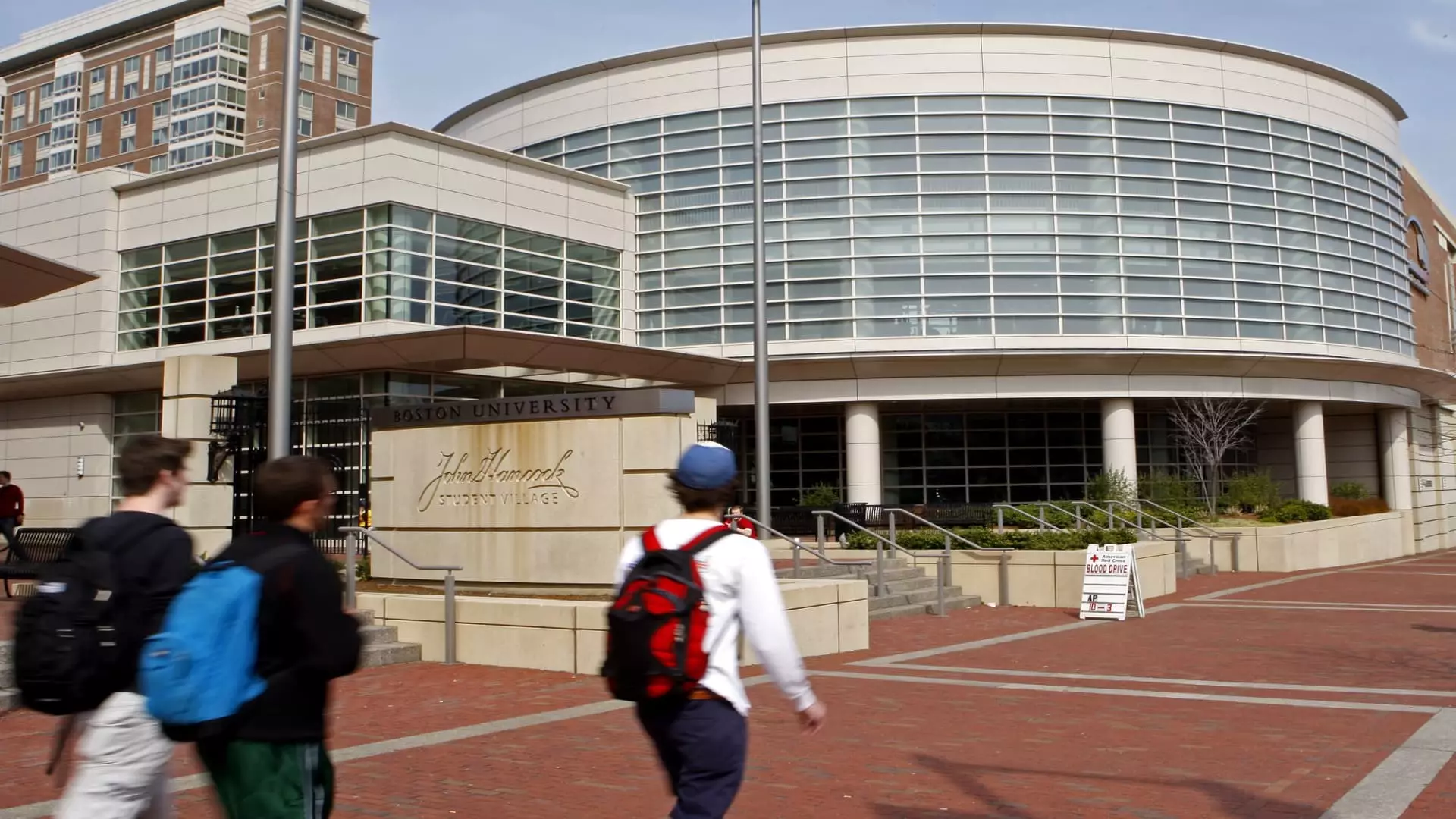7 Crucial Reasons Why Muni Bonds May Soon Lose Their Tax Advantage

As the political climate shifts, the implications for municipal bonds (munis) come into sharper focus. What was once a stronghold of prudent investment practice may be on the precipice of significant change. Notably, the tax-exempt status of certain munis faces examination as Congress contemplates various trajectories, particularly under the direction of President Trump’s administration. Although interest income from these bonds typically enjoys federal tax exemption—and, in many cases, state tax exemption as well—there exists a growing narrative around the potential upheaval of this long-standing arrangement. Investors, particularly those in high-tax states, should prepare for an uncertain future as these tax benefits come under scrutiny.
Will Congress Play with Fire?
The notion of repealing the tax breaks on municipal bonds presents what can only be described as a legislative gamble—a gamble that may not confer the great rewards lawmakers expect. With nearly 200 proposals floated by House lawmakers, it’s evident they’re wrestling with ways to offset the impacts of other financial commitments. Among these proposals is the potentially devastating elimination of the muni exemption, which could radically reshape the landscape for millions of investors. If Congress were to strip these assets of their tax-advantaged status, the repercussions would be felt far beyond Capitol Hill, affecting the fundamentals of state finance and infrastructure development and, consequently, public services.
The irony here is palpable; while tax cuts can stimulate economic activity, dismantling the exemption for muni bonds could create uncertainty. Investors frequently seek refuge in these assets, now haunted by the fear that their secure investment could morph into a corporate-like risk under stricter tax scrutiny. The potential loss of tax benefits could deter investment, causing municipalities to scramble for cash flow when they need it most.
Future Investments in a Fickle Market
Analysts like Dan Close from Nuveen cautiously appraise the potential fallout. There may be avenues to pivot towards private activity bonds, which carry some corporate risk characteristics. As if balancing on a high wire, market participants are now faced with the daunting task of assessing the viability of private activity bonds — a segment that includes crucial funding for hospitals and airports. Should changes be implemented, existing muni bonds might be grandfathered in, enabling current investments to retain their preferred status. However, future issues could very well be subject to the new tax regime, introducing a scarcity factor that can inflate their value significantly.
In this assessment, one cannot ignore that the distinctions between “haves” and “have nots” according to bond quality threaten to widen. Institutions with solid fundamentals—think larger universities and health systems—will likely continue to attract investment. On the other hand, smaller, underfunded colleges and healthcare systems may find themselves on increasingly shaky ground.
The Tectonic Shift in Investment Strategies
Investors clinging to the optimism of municipal bonds must recalibrate their strategies. The unique landscape that once favored these assets now includes a darker undercurrent, where potential change looms large. Consider the dynamic nature of higher education finance: while Boston University may remain resilient due to its solid financial position, smaller schools are drowning in enrollment woes and budget deficits. It’s a classic case of survival of the fittest—where stronger institutions prosper while weaker ones risk being left behind.
Health care, similarly, showcases a fractured reality. The pandemic has spotlighted the significant disparities between robust health systems with strong liquidity and smaller entities struggling under weighty operational costs. Investing in the right sectors will necessitate an acute understanding of these variances as one wrongly placed bet could yield dire consequences.
The Investor’s Dilemma
In this environment of uncertainty, investors are faced with a complex dilemma: should they take the leap into private activity bonds, which could either become invaluable or worthless depending on legislative action? The upside could be significant, but the risk lurks in legislative unpredictability. As the fate of the muni bond exemption hangs in the balance, those looking to navigate this new terrain must arm themselves with insightful analysis and a willingness to pivot quickly.
The once stable world of municipal bonds is no longer anchored securely; it’s time for investors to brace themselves for the possible upheaval ahead. This turbulent landscape demands not only resilience but also an active engagement with the shifts — both political and economic — that will reshape the investment horizon.





